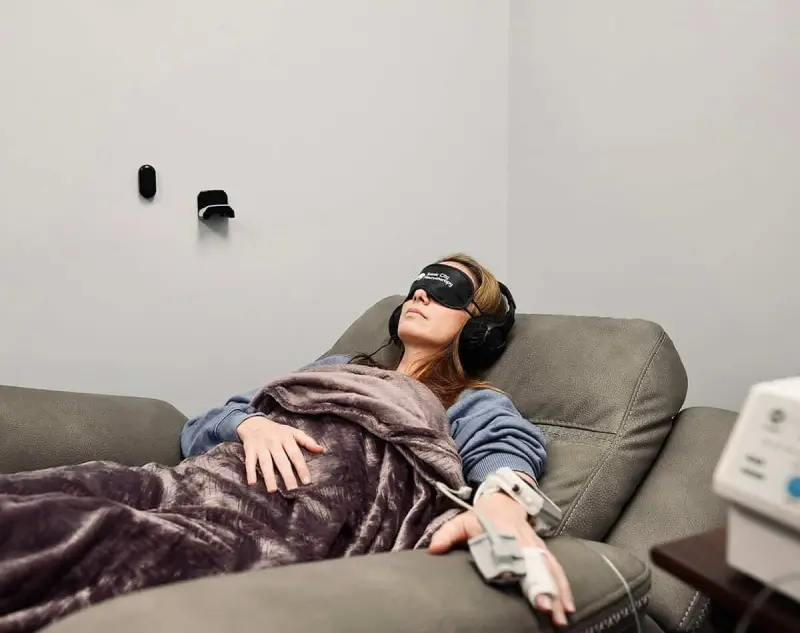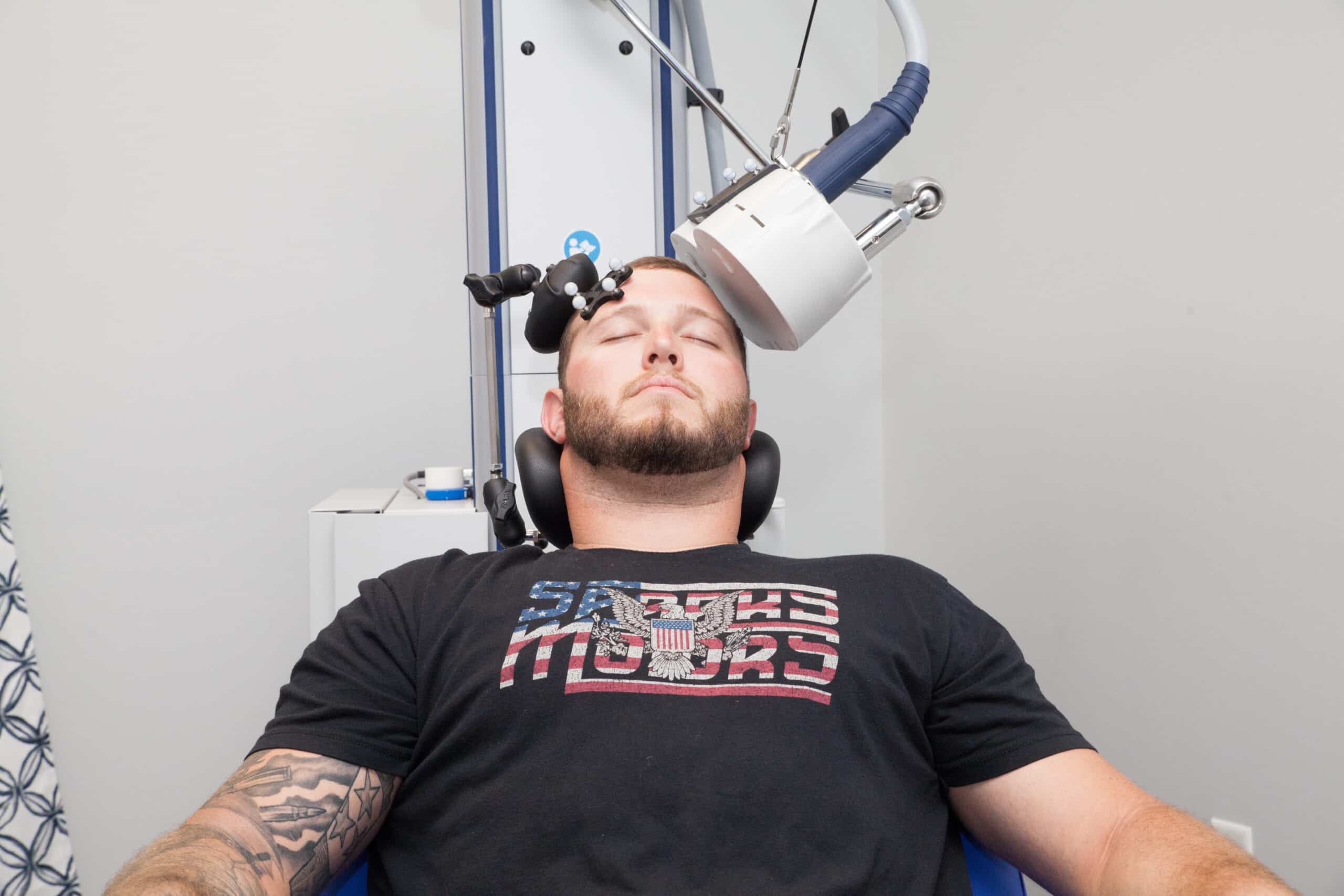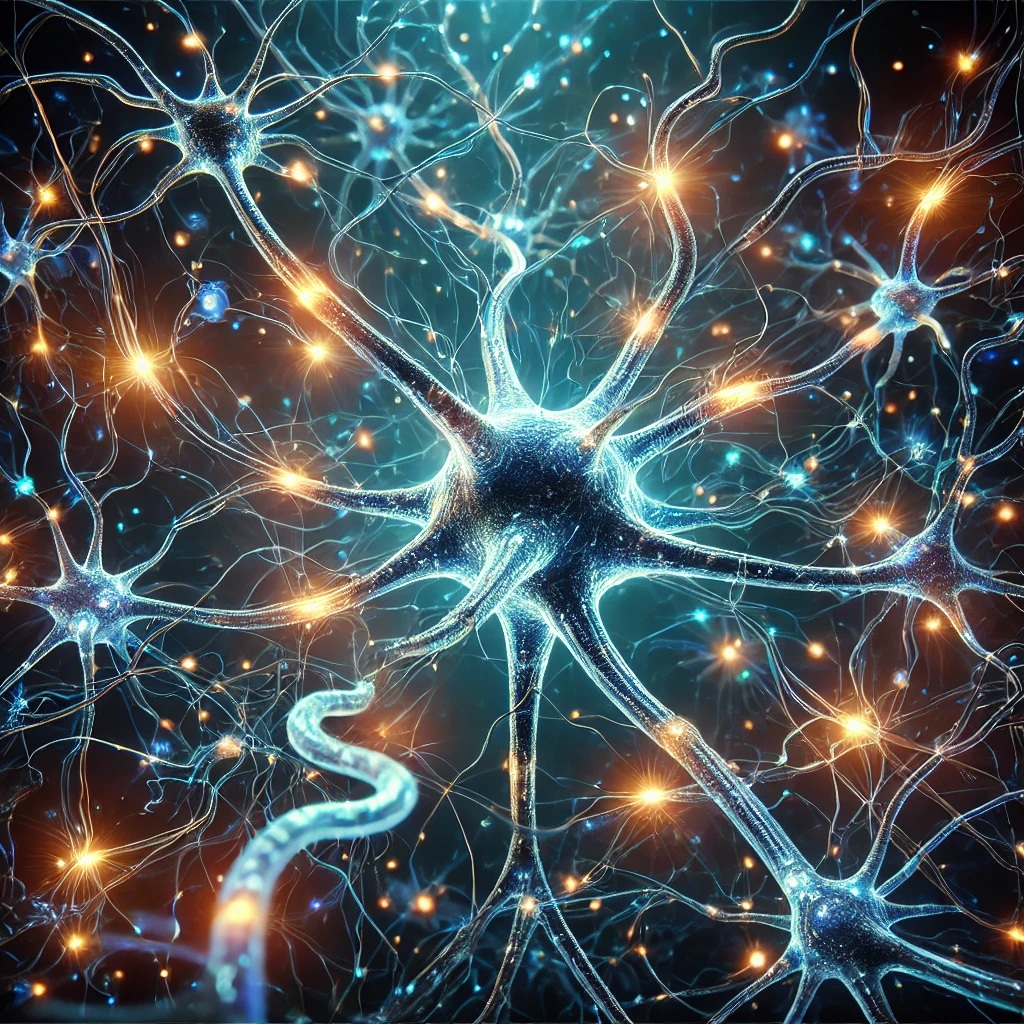How Nutrition Boosts Ketamine Infusion Therapy for Mental Health and Chronic Pain
by Charles Miller CRNA
Introduction
In this blog, we will learn about how good nutrition and overall health can make ketamine infusion therapy more effective for treating mental health issues and chronic pain. We will cover how physical health affects treatment, the importance of the gut-brain connection, and ways to optimize your health to improve ketamine therapy results. By the end, you’ll understand how a holistic approach to health can help your brain respond better to treatment.
How Nutrition Helps Ketamine Infusion Therapy Work Better
Ketamine infusion therapy has emerged as a promising treatment for various mental health conditions and chronic pain. But how important is good nutrition in making these treatments work better? Many providers sell supplement capsules with amino acids or coenzymes, saying they help the treatments work better. However, these claims aren’t strongly supported by current research.
Clinical observations strongly suggest that improving overall physical health, including nutrition and exercise, can significantly enhance the therapeutic outcomes of ketamine infusions.
How Physical Health Affects Ketamine Therapy
Good physical health is important for successful ketamine therapy. Eating well and exercising regularly help maintain overall health and support the body’s physiological processes. Proper nutrition provides essential building blocks for key proteins like Brain-Derived Neurotrophic Factor (BDNF) and Glycogen Synthase Kinase-3 Beta (GSK3B). These proteins are crucial for global brain health and function, influencing neuroplasticity, mood regulation, and cognitive function.
By enhancing the synthesis of these proteins, good nutrition can support the brain’s capacity to respond positively to ketamine treatment.
The Gut-Brain Connection and Its Role in Treatment
There’s a significant amount of misinformation about the gut-brain connection, but it does play a large role in brain health. The gut, the second largest organ in the body, is important for overall health. One way it affects brain health is by controlling inflammation. Chronic inflammation is a common factor in many brain conditions. Inflammation in the brain, especially in areas like the dorsolateral prefrontal cortex, can impair the brain’s ability to process stimuli, which is detrimental to mental health.
Chronic inflammation can come from various sources, like overactive neurons as seen in PTSD or chronic emotional stress, viral infections, or systemic chronic inflammatory diseases.
Managing and reducing inflammation through good nutrition can potentially mitigate its negative impact on brain function and enhance the efficacy of ketamine infusion therapy.
Improving Health to Boost Ketamine Therapy
If nutrition plays a role in ketamine infusion therapy, it is by providing a diverse array of nutrients that serve as building blocks for the body and brain. A balanced diet rich in essential vitamins, minerals, and other nutrients supports overall health and can make ketamine treatment work better. This approach doesn’t rely on specific supplements with unproven claims but focuses on a holistic view of health, emphasizing the importance of a nutritious diet and regular physical activity.
While supplement capsules marketed to enhance ketamine therapy may lack strong evidence, there is a clear and overwhelming indication that improving physical health through adequate nutrition and exercise supports the brain’s ability to respond to treatment. Reducing chronic inflammation through diet can also improve treatment outcomes, making a comprehensive approach to health crucial for ketamine infusion therapy for mental health and chronic pain management.
The Role of Physical Health in Ketamine Therapy
Brain-Derived Neurotrophic Factor (BDNF) and Glycogen Synthase Kinase-3 Beta (GSK3B)
BDNF plays a critical role in neuroplasticity, which is essential for learning, memory, and the therapeutic effects of various treatments, including ketamine. Exercise and proper nutrition can enhance BDNF levels.
- Source: Erickson, K. I., et al. (2011). Exercise training increases size of hippocampus and improves memory. Proceedings of the National Academy of Sciences, 108(7), 3017-3022.
GSK3B is involved in various cellular functions, including inflammation and cell survival, and its dysregulation is linked to neurodegenerative diseases.
- Source: Beurel, E., Grieco, S. F., & Jope, R. S. (2015). Glycogen synthase kinase-3 (GSK3): regulation, actions, and diseases. Pharmacology & Therapeutics, 148, 114-131.
The Gut-Brain Connection and Its Impact on Treatment Outcomes
Gut-Brain Axis and Inflammation
The gut-brain axis is a complex communication network that links the gut and brain, and chronic inflammation in the gut can affect brain health and function.
- Source: Cryan, J. F., & Dinan, T. G. (2012). Mind-altering microorganisms: the impact of the gut microbiota on brain and behaviour. Nature Reviews Neuroscience, 13(10), 701-712.
Chronic inflammation is implicated in neurodegenerative diseases and can be influenced by diet and gut health.
- Source: Glass, C. K., Saijo, K., Winner, B., Marchetto, M. C., & Gage, F. H. (2010). Mechanisms underlying inflammation in neurodegeneration. Cell, 140(6), 918-934.
Conclusion
Learning about how good nutrition and overall health can enhance ketamine infusion therapy can help you achieve better treatment results. By focusing on a balanced diet and regular exercise, you can support your brain’s ability to respond positively to ketamine treatment.
At Scenic City Neurotherapy, we support you on your journey to healing, offering individualized and compassionate care in Chattanooga. Let’s work together to help you achieve better mental health and well-being. Call our care team at 423-228-0579 to schedule a no-cost consultation.







